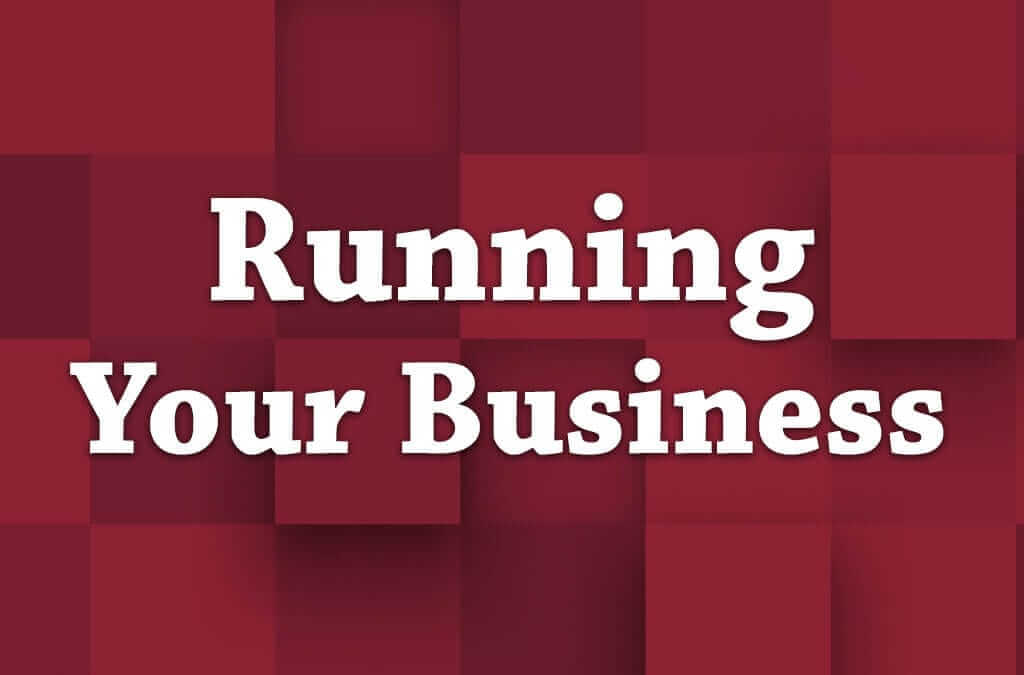This year graduates will be flooding the job market, but for those who think the best practice is to jump straight into a personal dream business, it may be wise to hit a few landmarks before getting to that stage. Simply getting financial tips won't be enough to give you a strong idea of how to run a whole company right out the chute.
Expect experience
When you own your own business, chances are you'll want knowledgeable, experienced individuals on your staff, and you'll look for strong resumes with those sort of credentials.
So why not look for them in yourself?
For graduates who skip right from the first step, education, to the last step, business ownership, that important gap in the middle is all about getting hands-on experience and learning how the market actually works. Those with family-run business history or relevant internship experience still can't replace the benefits of earning a paycheck, balancing finances and spending dedicated hours just striving to understand the inner processes of a small business.
Valuing education
If you feel like you've already learned everything after four-to-eight years in college or are already a bit burned out, jumping right into your own business could be a fatal blow to your career. As a career-person, you will never be in a position where you won't have to learn something new; whether it's new technology like mobile banking or brand new market investment strategies like crowdfunding, it's important to recognize the value of wrote versus practical education.
Ask for assistance
Sometimes young people are quick to discredit their elders, assuming their ideas and methods are antiquated, but as the Small Business Administration reports, one in 10 new companies will fail every year. This proves that seasoned owners should be given appropriate weight if they have commentary to offer.
Fear of failure should be recognized and dealt with, not just because it will be a stumbling-block for the entire endeavor, but because the cost of failure in self-employment is so high. Studies the German Economic Association of Business, University of Tennessee and University of Victoria, British Columbia, all agree that short stints of self-employment are much more likely to hurt a resume than aid in future job hunts.
If you want to start your own business and don't know where to start, get a job in the industry, talk to those who've done it and been successful, and always seek financial investment advice to ensure you're taking the right steps to plan for the future.


